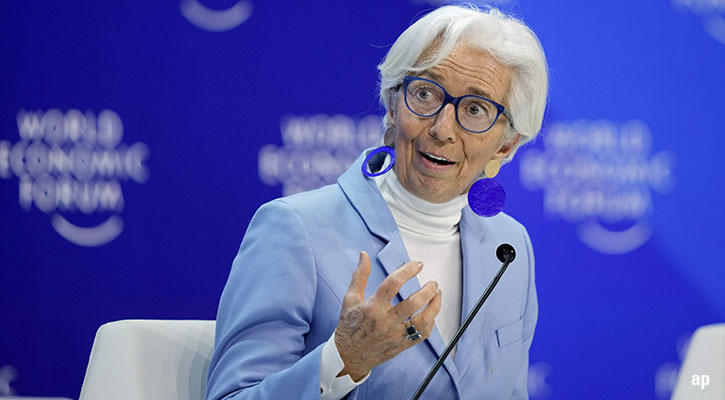Jeremy Glaser: For Morningstar, I'm Jeremy Glaser. How will rising rates affect stocks? I'm here with Matt Coffina. He is editor of Morningstar StockInvestor. He is going to look back at some of the historical data and also how investors should think about these rising rates.
Matt, thanks for joining me today.
Matt Coffina: Thanks for having me, Jeremy.
Glaser: Let's talk a little bit about why stock investors generally should care about rising rates at all. Obviously, for bond investors that linkage is pretty clear. Why should stock investors care about these rising rates?
Coffina: All assets are really, the valuation is really determined by the future cash flows that the asset's going to provide discounted back to the present at some discount rate. Stocks, just like bonds, have a discount rate associated with them. In the cases of stocks, we're usually talking about the cost of equity--which our analysts use 10% cost of equity on average--meaning that's a return required by investors in a fairly valued stock, and interest rates are a component of the cost of equity.
If a rise in interest rates were to occur completely in isolation, you would think that the discount rate would go up, future cash flows would be less valuable today, and stock prices would go down; again, holding all else equal.
Glaser: How does this actually work in practice? In other periods of rising rates, how have stocks performed?
Coffina: The problem is that all else is pretty much never equal. So the cash flows also tend to go up when interest rates are rising because the economy tends to be strong during those periods. I think the Fed has been very clear that they are only going to be raising interest rates if it's in conjunction with a stronger economy, if the economy can handle it.
Similarly, the interest rate is a component of the cost of equity, but there is not a direct correlation there. So, in our view stocks never really anticipate interest rates, 10-year Treasury rates, to stay below 2% forever. They never are really pricing that in, which means that stocks were somewhat less exposed to higher interest rates and bonds to begin with. Another component of valuations is growth, and once again we would expect growth, in general, to be correlated with higher interest rates, so that higher interest rates are not necessarily, when considering all of these other factors, bad for stock valuations.
What we've seen historically is that stocks over the last 20 years have actually done far better during periods of rising interest rates than during periods of falling interest rates. Again, I would attribute that mostly to the economy being stronger during periods of rising rates. The aggregate return during periods of rising rates has been over 280%. On the S&P 500, during periods of falling rates the S&P has only increased about 65%. Two events, in particular, had a big impact on that: That would be the financial crisis--interest rates were falling during that period as the Fed tried to react to the financial crisis--and in the early 2000s, the busting of the technology bubble. Again, the Fed was cutting interest rates at the same time that the market was crashing.







.jpg)












